We are on the verge of a crisis in geriatric medicine.
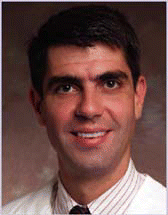

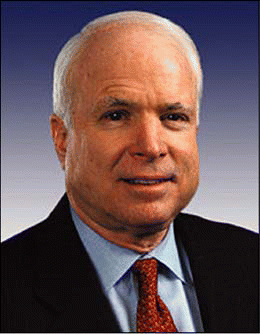
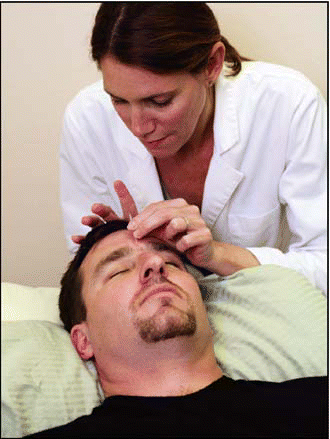
Patients with head and neck cancer treated with surgery and/or radiation often experience pain, shoulder dysfunction, and xerostomia.
Periodically, newspapers and journals perform readership surveys to determine the readers’ opinions of the publication.
Eosinophils are the bane of nasal mucosa, and no one knows better than Fredrick A. Kuhn, MD, of the Georgia Nasal and Sinus Institute in Savannah, GA-a region where it is not uncommon for otolaryngologists to see patients presenting with polyps.
Intraoperative volume CT is showing promise as a tool to help with complex endoscopic sinonasal and skull base procedures.
Better chemotherapy and aggressive chemoradiation have contributed to improved locoregional control and survival for head and neck cancer.

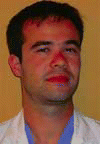
Just how much of the nose plays a role in sleep-disordered breathing should probably get a bit more attention.
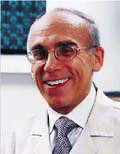
Does multilevel upper airway surgery preclude continuous positive airway pressure (CPAP) usage, and is there a best way to repair cerebrospinal fluid (CSF) leaks?